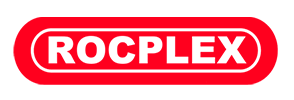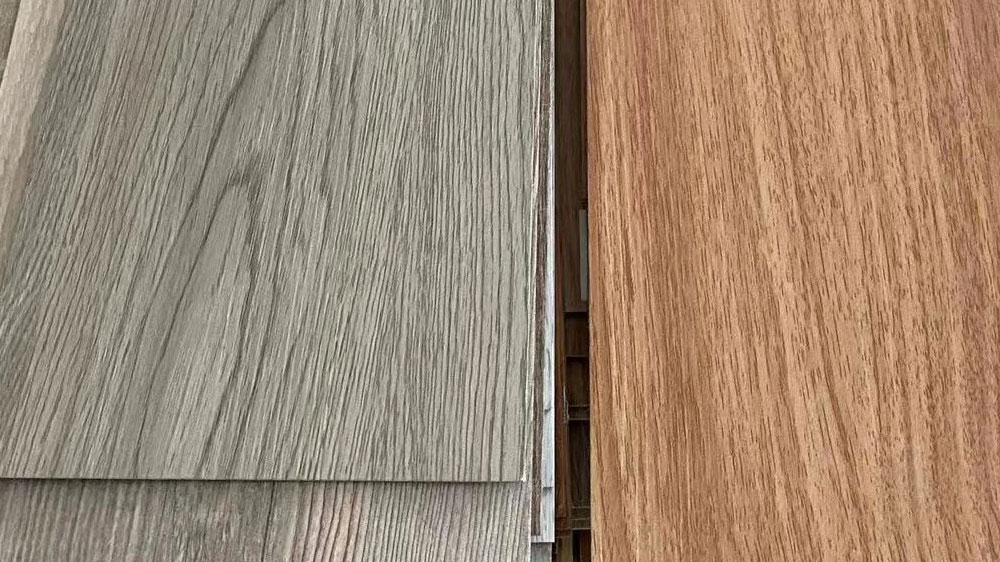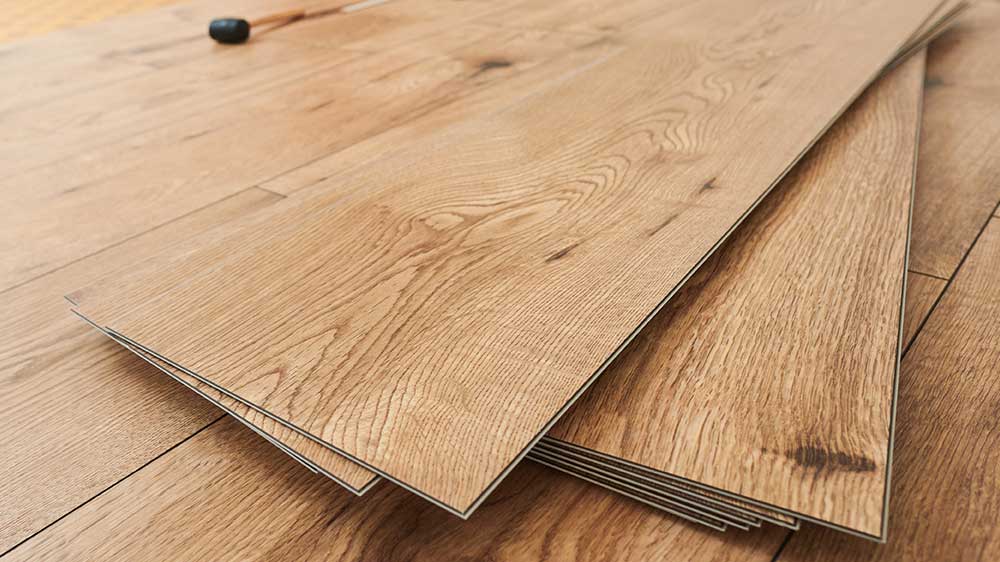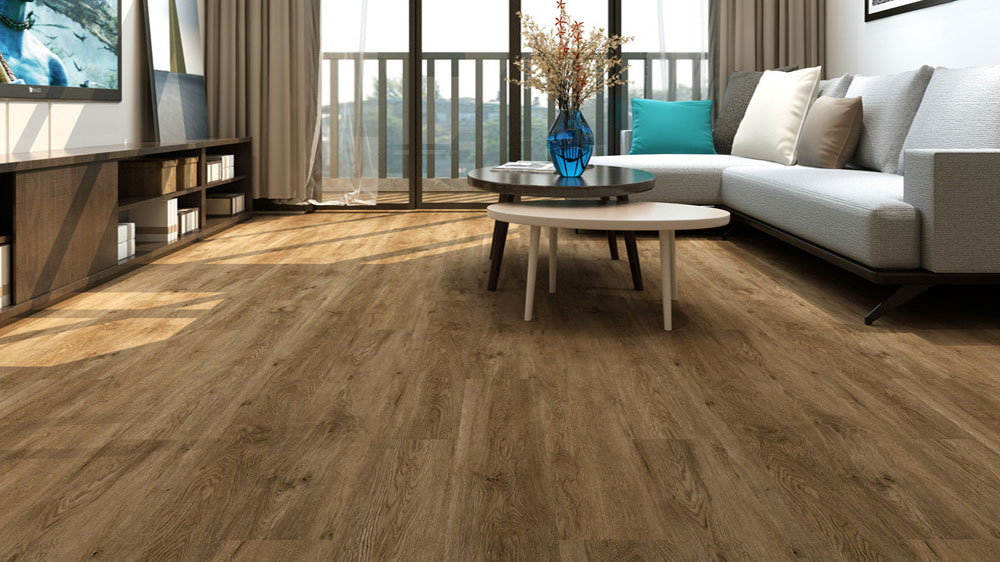What is Vinyl Tile Flooring?
Vinyl tile flooring, also known as luxury vinyl tile (LVT), is a resilient flooring option. Its popularity has grown due to its aesthetic appeal, durability, and affordability. This flooring replicates the look of natural materials like wood, stone, and ceramic tiles. It offers a luxurious appearance without the high maintenance or cost of real materials.
Vinyl tile flooring is made of multiple layers. These include a protective wear layer, a high-definition printed design layer, and a waterproof core. Together, these layers enhance its performance and longevity.
One of the key benefits of vinyl tile flooring is its water resistance. This makes it an excellent choice for areas prone to moisture. It is ideal for bathrooms, kitchens, and laundry rooms. Vinyl flooring is available in various installation formats. These include click-lock, glue-down, and loose lay options. This variety caters to different preferences and skill levels.
Vinyl tile flooring is versatile and suitable for both DIY enthusiasts and professional installers. With realistic designs and a wide range of styles, it offers the look of high-end materials. Homeowners and businesses can achieve this luxury without sacrificing practicality or breaking the bank.
Detailed Features, Specifications, and Materials of Vinyl Tile Flooring
Vinyl Tile Flooring Advanced Layered Construction
Vinyl tile flooring is engineered with a multi-layer construction that enhances its durability and appearance. The top layer, known as the wear layer, provides protection against scratches, stains, and everyday wear. This clear layer is typically made of polyurethane and varies in thickness, usually between 6 mil to 20 mil, depending on the product. A thicker wear layer offers greater protection, making it ideal for high-traffic areas in both residential and commercial settings.
The design layer underneath the wear layer features high-definition printing technology that replicates natural materials like wood, stone, and ceramic tiles. This layer is responsible for the floor’s visual appeal, offering a variety of textures and patterns that enhance the realism of the flooring. Advanced printing techniques, such as embossed-in-register (EIR), add texture that matches the visual design, providing a realistic feel underfoot.
The core layer of vinyl tile flooring contributes to its stability and resilience. Many products include a waterproof core, which is crucial for areas that are prone to moisture. Premium tile flooring often includes a rigid core made of stone-plastic composite (SPC) or wood-plastic composite (WPC), which adds extra durability and impact resistance. The core layer also helps prevent warping or buckling, ensuring the flooring maintains its shape over time.
The backing layer provides additional comfort and sound absorption, making vinyl tile flooring a quieter and more comfortable option compared to harder surfaces like ceramic tiles. This layer also enhances the floor’s overall durability, ensuring it stands up to daily use in a variety of settings.
Vinyl Tile Flooring Easy and Versatile Installation
Vinyl tile flooring is designed to accommodate a range of installation methods, making it accessible to both professional installers and DIY enthusiasts. The click-lock system is particularly popular, allowing the tiles to snap together easily without the need for adhesives. This method is perfect for those looking to install the flooring themselves, as it requires minimal tools and expertise.
For a more permanent installation, glue-down options are available. This method provides a secure bond between the floor and the subfloor, making it ideal for commercial spaces that require a stable and long-lasting solution. Loose lay vinyl tiles are also an option, using the weight of the tiles and friction to hold them in place. This method offers flexibility, as the tiles can be removed and replaced without damaging the subfloor.
Water and Moisture Resistance
One of the standout features of vinyl floor is its exceptional water resistance. The waterproof core and protective wear layer prevent moisture from penetrating the surface. This reduces the risk of mold, mildew, and water damage. Vinyl tile flooring is an ideal choice for moisture-prone areas. It works well in bathrooms, kitchens, basements, and laundry rooms. These are spaces where other flooring types may struggle to perform.
Vinyl tile flooring’s water-resistant properties also make it easy to clean. Spills can be wiped away quickly without causing lasting damage to the floor, and routine maintenance requires nothing more than regular sweeping and occasional mopping. This low-maintenance aspect is particularly appealing for busy households and commercial environments where cleanliness is a priority.
Vinyl Tile Flooring Eco-Friendly and Safe Materials
As environmental awareness grows, many manufacturers of vinyl floor tiles are adopting sustainable practices. Some products are made with recycled materials and are free from harmful chemicals like phthalates, contributing to healthier indoor environments. Low VOC (volatile organic compound) emissions are another important factor, ensuring that vinyl tile flooring meets stringent indoor air quality standards. These features make vinyl floor tiles a safe choice for homes, businesses, and public spaces.
Applications of Vinyl Tile Flooring
Residential Use
Vinyl tile flooring is a popular choice in residential settings. Its versatility, water resistance, and stylish designs make it appealing to homeowners. It is especially well-suited for moisture-prone areas like kitchens, bathrooms, and basements. In these spaces, traditional hardwood or laminate might not perform well. Homeowners appreciate the realistic look of vinyl tile, which can mimic high-end materials like marble, slate, or hardwood. It offers this luxury without the high maintenance or cost.
In living rooms, hallways, and bedrooms, vinyl tile provides a warm and welcoming aesthetic. It also offers the resilience needed to handle everyday activities. The cushioned backing and sound-absorbing qualities make it a comfortable choice for homes with children and pets. It reduces noise and adds comfort underfoot.
Commercial and Retail Spaces
In commercial settings, such as offices, retail stores, and restaurants, vinyl tile flooring stands out for its durability and ease of maintenance. The flooring’s resistance to scratches, stains, and heavy foot traffic makes it ideal for high-traffic areas that need to maintain a polished appearance. Businesses benefit from the quick and easy cleaning process, which helps keep spaces looking fresh and professional with minimal effort.
Vinyl tile flooring’s slip-resistant surface enhances safety in environments where spills are common, such as cafes or hotel lobbies. Its noise-reducing properties also contribute to a more pleasant atmosphere, making it a preferred choice in workplaces where quiet and comfort are important.
Hospitality and Healthcare Environments
In the hospitality and healthcare industries, vinyl tile flooring’s hygienic and easy-to-clean surface is highly valued. Hospitals, clinics, hotels, and other public spaces often choose vinyl tile flooring for its ability to withstand heavy use while maintaining a clean and inviting appearance. Its water-resistant and slip-resistant properties ensure that it meets the specific needs of these demanding environments.
The realistic designs in vinyl flooring allow hotels and resorts to create luxurious spaces. These spaces offer the look of natural materials without the high maintenance. Vinyl tile flooring is also valuable in healthcare settings. Its smooth, non-porous surface helps reduce the spread of germs and allergens. This contributes to a healthier environment for patients and staff.
Vinyl Tile Flooring Features & Benefits
1. Water and Moisture Resistance
Vinyl tile flooring’s water resistance makes it an excellent choice for areas prone to spills and moisture. The waterproof core and protective wear layer work together to prevent water from seeping through, reducing the risk of damage. This feature is particularly beneficial in kitchens, bathrooms, and basements, where other flooring types might be vulnerable to water-related issues.
2. Durability and Scratch Resistance
The robust construction of vinyl tile flooring allows it to stand up to heavy foot traffic, scratches, and dents. This durability makes it suitable for both residential and commercial environments where flooring must endure daily wear and tear. The clear wear layer protects the design beneath, ensuring that the flooring maintains its appearance over time.
3. Ease of Installation
Vinyl tile flooring is designed for easy installation, offering several methods to suit different needs. The click-lock system is user-friendly, making it a preferred option for DIY projects. Glue-down and loose lay installations offer alternative solutions that provide added stability and flexibility. This ease of installation reduces labor costs and makes it accessible for homeowners and professionals alike.
4. Low Maintenance Requirements
One of the major benefits of tile flooring is its low maintenance requirements. Regular sweeping and occasional mopping are sufficient to keep the floor looking clean and fresh. Unlike wood or stone, there is no need for special treatments like sealing or waxing, saving both time and money over the floor’s lifespan.
5. Versatile Design Options
Vinyl tile flooring comes in a wide array of designs, including wood, stone, and ceramic looks. This variety allows homeowners and businesses to select a style that complements their decor. The realistic textures and patterns provide an authentic feel, enhancing the overall aesthetic of any space.
6. Comfort and Sound Absorption
Vinyl tile flooring’s cushioned backing layer adds comfort underfoot, making it a pleasant choice for areas where people spend a lot of time standing. This layer also absorbs sound, reducing noise levels in busy households and commercial spaces. These features contribute to a more comfortable and enjoyable environment.
7. Eco-Friendly Options
Many manufacturers are now offering eco-friendly vinyl tile flooring options that use recycled materials and feature low VOC emissions. These products contribute to better indoor air quality, making them a safer choice for homes, schools, and healthcare facilities. The emphasis on sustainability also appeals to consumers looking for environmentally responsible products.
Vinyl Tile Flooring FAQs (Frequently Asked Questions)
Q: Is vinyl tile flooring suitable for kitchens and bathrooms?
A: Yes, vinyl tile flooring is highly water-resistant, making it an excellent choice for kitchens, bathrooms, and other moisture-prone areas.
Q: How does vinyl tile flooring compare to laminate?
A: Vinyl tile flooring is generally more water-resistant and durable than laminate, making it better suited for high-moisture environments.
Q: Can vinyl tile flooring be installed over existing floors?
A: Yes, vinyl tile flooring can often be installed over existing surfaces, such as tile, concrete, or wood, provided they are clean and level.
Q: How do I clean vinyl tile flooring?
A: Regular sweeping and occasional mopping with a mild cleaner are all that’s needed to maintain vinyl tile flooring. Avoid harsh chemicals that could damage the surface.
Q: Is vinyl tile flooring safe for homes with pets?
A: Yes, vinyl tile flooring is scratch-resistant and easy to clean, making it a pet-friendly flooring option.
Post time: Oct-08-2024




